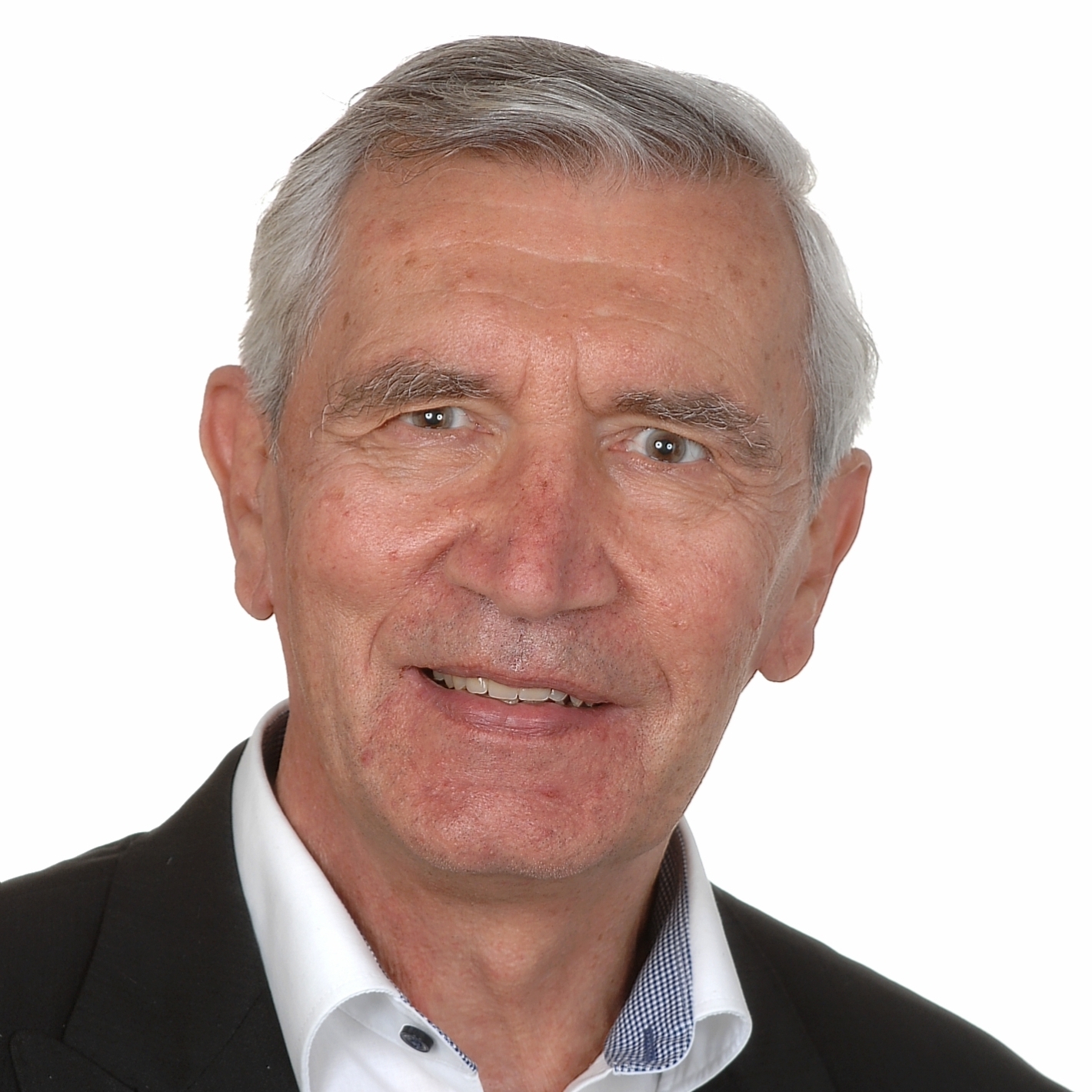What is the origin of your connection with Fraunhofer?
Karl Weick: I first came into contact with the Fraunhofer-Gesellschaft as part of my initial activities within the founder network. Even at that time, I was impressed by this gigantic think tank. It seemed to me like a huge store full of high-quality innovations and solutions for companies.
I also saw a wealth of potential for start-ups to harness inventions made by Fraunhofer researchers to position themselves on the market. Then, when I was working with one of the first co-founder companies and saw that we were reaching our technological limits due to lack of resources to forge ahead with our ideas, we got together and contacted the Fraunhofer-Gesellschaft, asking: Do you possibly have something in your back pocket that could help us? And I have to say, I never came away empty-handed.
How did you end up deciding to provide philanthropic funding to the Fraunhofer Future Foundation?
Karl Weick: I already had contact with Fraunhofer, especially Fraunhofer IIS in Erlangen, whose research I’ve always been excited about, right up to today. My wife, Helga, and I regularly provided philanthropic funding to the institute, especially in the form of award money for outstanding dedication among employees.
And then, in the early 2000s, she and I started our estate planning process. We wanted to continue and intensify our philanthropic activities. At the same time, we felt it was important to have a say in how the funding was used during our lifetime and see initial successes take shape. We felt that the Fraunhofer Future Foundation was the perfect partner for what we wanted to achieve. And then, through personal dialogue, we identified the areas we wanted to focus on and how the funds would be provided.
We established Stiftungsfonds Weick — Förderer der Wissenschaft, Freunde von Fraunhofer, which operates today under the umbrella of the Fraunhofer Future Foundation. We think it’s the perfect embodiment of our individual philanthropic goals.
Why do you think private supporters are needed when it comes to sustainable, innovative technologies and research projects?
Karl Weick: In my work as an angel investor and longstanding coach for recent start-ups, I’ve realized that there’s no lack of brilliant ideas right here in Germany — but what we do often lack is the funds to make them a reality. Creating a private foundation is an uncomplicated way to help promising technologies get off the ground, accelerate their market launch, and tap into promising sources of follow-up funding. It gives researchers and new companies the breathing room they need to operate independently of the interests of big corporations and government.
At the same time, supporting research projects is a way for donors like us to focus on specific areas of personal interest, provide fresh impetus, and at the same time gain exciting insights into the world of science and research.
What long-term impact do you hope to have through your work in this area?
Karl Weick: We hope that our deliberate decision to support the Fraunhofer Future Foundation will serve as an example so even more people will get interested in and inspired by the wide range of important research projects and innovations going on at Fraunhofer.
There are many people and projects here who still need support to put their ideas into practice and see them have a positive impact. Our fund enables technological innovation in subject areas that are especially important to us. We split our six-figure endowment contribution down the middle, with one-half going to the spending capital, where it is used on a larger scale to support projects that we, as the providers of the funds, get a chance to help select and support along the way. The other half is part of the permanent endowment capital. The proceeds of the investment will be used to carry out our wishes in the long term.
The many challenges of the present day, from climate change to political upheaval and economic dependency, will require all of us to come together as a society to enable smart, fast change. Above all, I put my hopes in technological innovation, which will be a part of the solution to these challenges. We need to pull out all the stops as a society to get there. Philanthropic work that opens up independent new perspectives and spaces is an especially valuable addition to the activities of the business and political spheres. It makes things possible and is an active driver in shaping all of our futures for the better.
